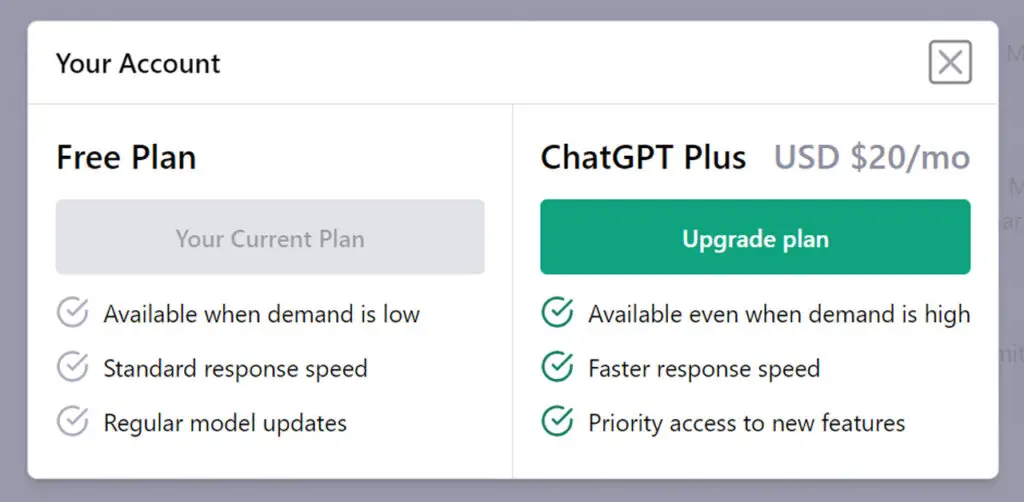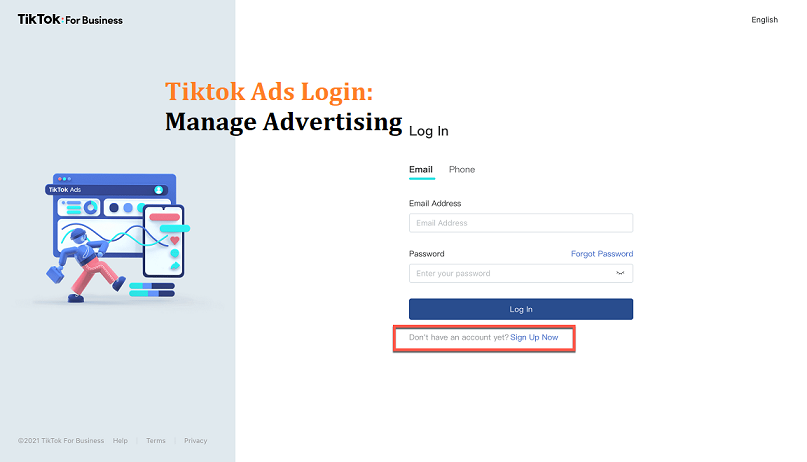Ways to Manage Inflation as a Consumer in UK – Are you worried about living in UK during inflation? The good news is that, inflation is not a dead sentence, it has a solution. Managing inflation in everyday life as a consumer entails putting up measures to cope with the price hike.
What is Inflation Rate
Inflation refers to the gradual increase in the prices of goods and services over time, as measured by the Consumer Price Index (CPI). It is influenced by various factors, including fluctuations in production costs and the level of demand for specific products and services. As production costs rise or demand outpaces supply, prices tend to increase, leading to inflationary pressures in the economy. Understanding and monitoring inflation rate is important for individuals, businesses, and policymakers to make informed financial decisions and manage the impact on their finances
UK Inflation Rate
In April 2023, the UK experienced the highest inflation rate in 40 years, reaching 9%. This surge was primarily driven by increasing energy and food prices. However, there has been a slight decrease in the Consumer Price Index (CPI) inflation rate in May 2023, dropping to 8.7% from 10.1% in March and 11.1% in October. The decline can be attributed to a slowdown in the rise of energy prices, which fell by 1.8% in May compared to April. Nevertheless, prices in other sectors like food and transport continued to rise.
To control inflation rate, the Bank of England has raised interest rates five times since December 2021. Their aim is to stabilize inflation levels. However, it is expected that inflation will remain elevated for the foreseeable future due to factors such as the ongoing conflict in Ukraine and the lingering effects of the COVID-19 pandemic. These global events continue to disrupt supply chains, leading to higher prices.
How to Manage Inflation as a Consumer in UK
To Manage inflation is to follow Tips to Survive in UK During inflation as discuss below;
- Know What you Spend Money For. The first step to managing your money is to know where it’s going. Keep track of your spending for a month or two to see where you can cut back.
- Formulate a budget. Once you know where your money is going, you can form a budget to help you stay on track. A budget will help you allocate your income to your expenses in a way that works for you.
- Spend on Most Preferred Items. When you’re out shopping, it’s easy to be tempted to buy things you don’t need. To avoid impulse buying, make a list of what you need before you go shopping and stick to it.
- Shop around for the best deals. When you need to buy something, take the time to shop around and compare prices. You may be able to save money by buying from a different store or by using a coupon.
- Buy Things in bulk. If you buy certain items in bulk, you may be able to save money. However, make sure you have the space to store the items and that you’ll actually use them before they go bad.
- Consider Cooking at home more often. Eating out can be expensive. To save money, cook more meals at home. There are many easy and affordable recipes available online.
- Curtail Certain subscriptions. Do you really need that gym membership or that streaming service? Take a look at your subscriptions and cancel any that you’re not using.
- Engage in side hustle. If you’re struggling to make ends meet, consider getting a side hustle. This could be anything from driving for Uber to dog-walking.
- Ask for help. If you’re really struggling, don’t be afraid to ask for help. There are many government programs and non-profit organizations that can help you get by.
Last Word:
Inflation is best managed with common knowledge. The above point may have provide useful options to manage and cope with inflation.
>>Read More: What is Cyber Attack and How to Stay Safe







